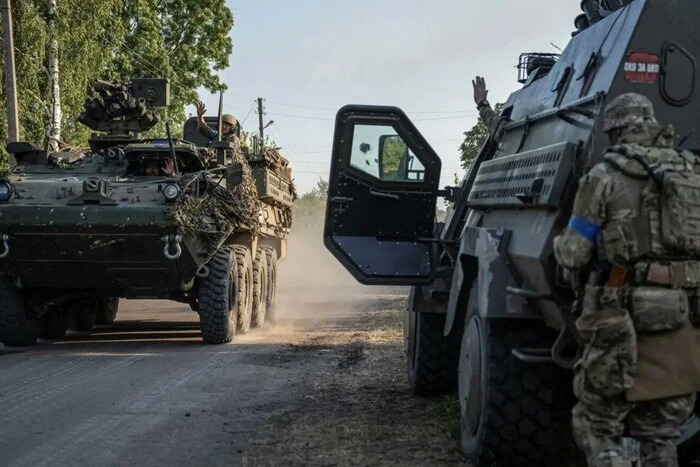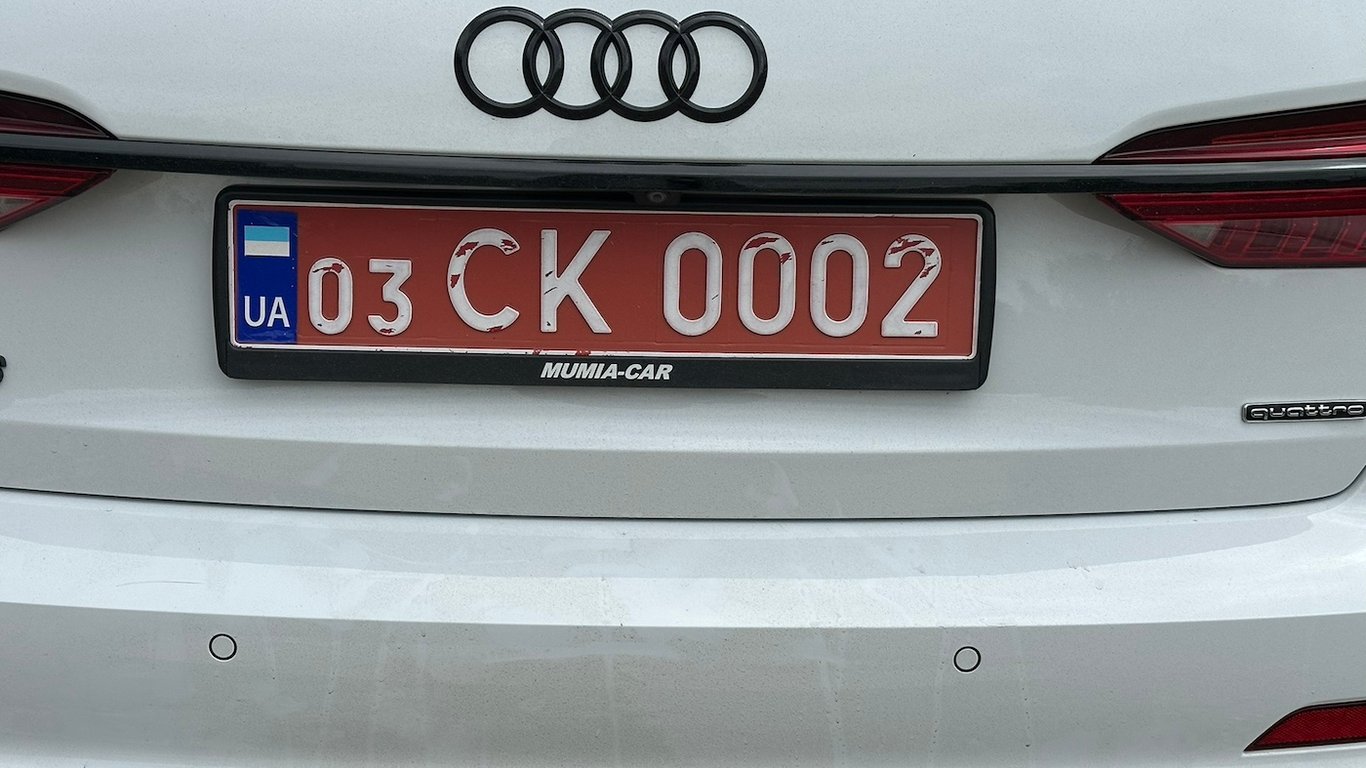Kursk special operation of the Armed Forces of Ukraine. Kadyrov militant acknowledged problems among Russians.


Battles in Kursk region: Russians acknowledge that this is the hardest direction
After two months of the Kursk operation, the Armed Forces of Ukraine receive recognition from the enemy. Ramzan Kadyrov, commander of the special forces unit "Akhmat" under the pseudonym Aid, stated that the battles in Kursk region are the most difficult. As reported by propagandists from tass.ru, he noted that the frequency of fighting here is the highest.
According to Aid, at least 14 brigades of the Armed Forces of Ukraine are fighting against Russians in the Kursk region. He acknowledges that this direction is the most challenging on the front for the Russians.
It is important to note that the Kursk operation began on August 6, 2024.
Recently, the Armed Forces of Ukraine achieved success north of the city of Sudzha in the Kursk region. Geolocation images as of October 20 show that the AFU continue to advance east of Cherkasskoye Porechie (north of Sudzha).
Serviceman Kyrylo Sazonov from the AFU reported that the situation in the Kursk region changes every hour, and there is no clear front line.
It is also worth mentioning that the control of the Armed Forces of Ukraine over part of the Kursk region forced Russia to engage in frequent prisoner exchanges with Ukraine.
Earlier, it was reported that Russians detained 18 North Korean soldiers who tried to escape from positions in the Kursk region. They might be used in assault actions against Ukrainian forces.
Read also
- Owner and co-owner of an apartment — what is the difference and what rights do they have
- What is the fine for driving with transit numbers in 2025
- The Ukrhydrometcentre informed about the weather changes in Kyiv
- Fine up to 6,000 UAH - why pet owners may be punished
- UN Payments - What Changes are Being Made for Ukrainians
- Division of an Apartment in Joint Ownership - How Not to Lose Your Share









